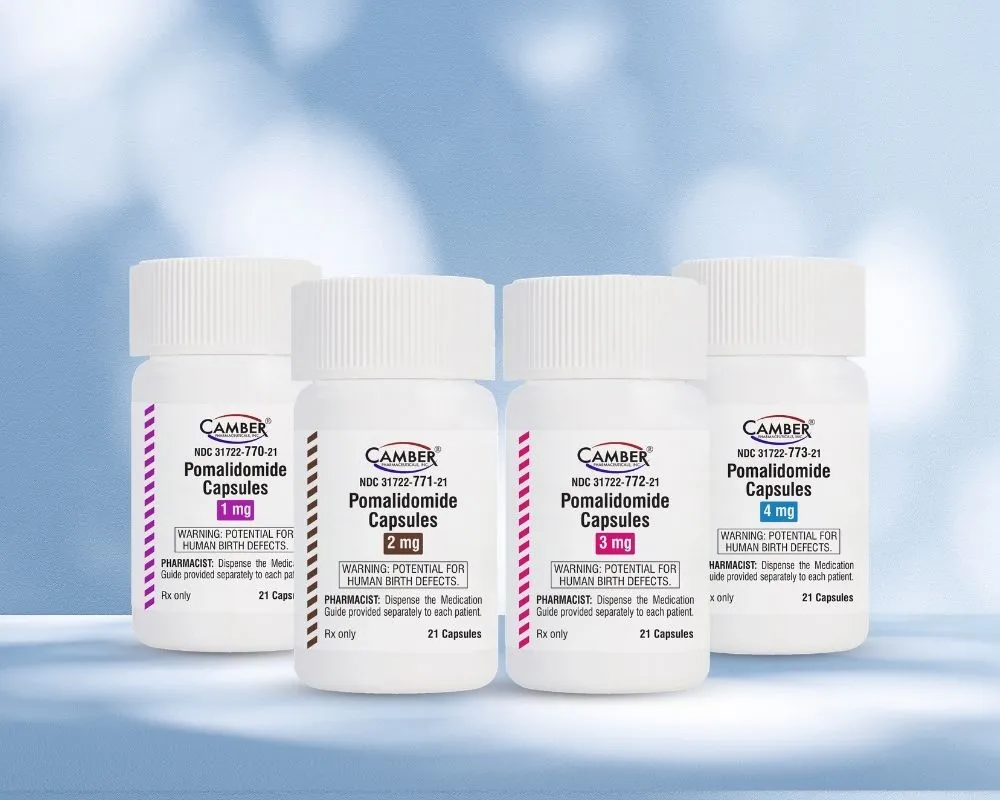WOONSOCKET, R.I. — A CVS Caremark Corp. survey of specialty pharmacy patients found that nearly 70% believe their pharmacy team played a key role in encouraging them to take their medications as prescribed.
The drug store chain and pharmacy benefit manager said Tuesday that the study’s results put the specialty pharmacy team at the forefront of managing adherence for these patients, behind only patients’ physicians and staff and patients’ friends and family in terms of influence.
"Our patients’ belief that their specialty pharmacy team plays a key role in adherence, along with results showing that 93.5% of patients indicated that they were satisfied with CVS Caremark Specialty Pharmacy services, clearly validate the benefits of the patient-focused, high-touch services we provide," Scott Reid, senior vice president of CVS Caremark specialty pharmacy operations, said in a statement. "This support begins when a patient first enrolls with CVS Caremark Specialty Pharmacy and is assigned a pharmacist-led care team that provides personalized care and therapy management, including ongoing counseling, education and adherence management."
Specialty pharmaceuticals are usually injectable or infused drugs requiring special handling and used in the management of chronic, rare and complex conditions such as multiple sclerosis or rheumatoid arthritis. Because the medications often are costly, need special handling, require training for proper administration and can cause bothersome side effects, patients can face many barriers to medication adherence and persistency, according to CVS Caremark.
The survey found that 97% of patients polled take their specialty medications as prescribed, and 96% think that doing so is important to maintain their quality of life.
Still, patients identified various factors that impacted their medication adherence, including cost/state of the economy (cited by 32%), changes to daily schedule or routine (19%) and side effects (12%).
Respondents taking a medication for rheumatoid arthritis or multiple sclerosis who agreed that their specialty pharmacy team and/or specialty pharmacist is important in encouraging them to take their medications as prescribed were 35.9% less likely to stop therapy than those who did not recognize the role of the specialty pharmacy, the study found.
CVS Caremark said its specialty pharmacy care teams work directly with patients at the start of therapy to coordinate a comprehensive overview, including a review of dosing and medication schedules, a discussion of side effects and how to manage or alleviate them, a review of potential drug/drug or drug/food interactions, an assessment of the patient’s ability to self-administer medication and identification of potential barriers to care.
In addition, the team reinforces the doctor’s instructions to ensure the patient safely and effectively administers their prescribed medication, CVS Caremark noted. The team also works to positively impact patient adherence by calling patients to identify gaps in adherence to their regimen. And when indicated, team members will use strategies to encourage and enable patients to return to their prescribed regimen and will communicate with the physician to discuss an appropriate course of action.
The survey was completed in August 2009 and includes responses from more than 700 telephone interviews conducted by The Olinger Group, an external market research firm, CVS Caremark said. Survey participants were randomly selected and represented patients on three drug classes, including human growth hormone, multiple sclerosis and rheumatoid arthritis.








